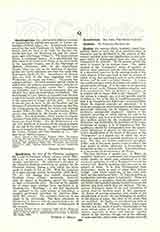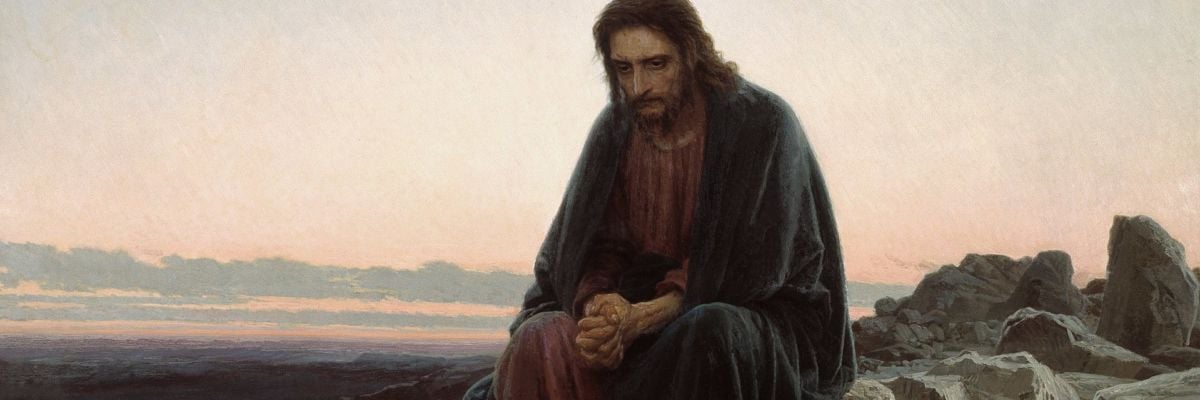

Quadragesima (Lat., the fortieth) denotes a season of preparation by fasting and prayer, to imitate the example of Christ (Matt., iv). Several such were observed by the early Christians, viz. before Christmas, Easter, and the feast of St. John the Baptist; the Greeks had four, the Maronites six, and the Armenians eight (Du Cange, “Gloss.”). The major, before Easter, is commonly known. It is mentioned in the fifth canon of the Council of Nicma, in the sixty-ninth of the Apostolic Canons, and in the Pilgrimage of «ºtheria (Duchesne, 499). In the Anglo-Saxon Church Mass was said on the weekdays of Quadragesima late in the afternoon and food was taken only near sunset (Rock, IV, 76). According to the Roman Rite, the ferics of this time, beginning with Ash Wednesday, are major (see Feria). The season has a proper preface. In ferial masses a special oration is added after the ordinary post communion, with the invitation: “Humiliate capita vestra Deo”. Octaves are forbidden, and if, by special concession, they are allowed they must be interrupted on Sundays. The first Sunday of Lent, known as Invocabit from the first word of the Introit, is for the Greeks a commemoration of the veneration of images (February 19, 842). For Gaulit was the jour de bures or fete des brandons and for Germany Funkentag or Hallfeuer, because on that day the young people ran about the streets with burning torches (Nilles, II, 102). The second Sunday, Reminiscere, was marked by the Greeks as vacat (Nilles, II, 122). The third Sunday, Oculi, was for the Greeks Adoratio Crucis with a ceremony similar to that of the Latins on Good Friday. For the Bohemians it was the Ned. Kychdvnd in memory of the sneezing plague at the end of the sixth century and of Litania septiformis of Gregory the Great. The remaining Sundays are Laetare, Passion and Palm Sunday (q.v.). (See also Lent; Septuagesima.)
FRANCIS MERSHMAN


